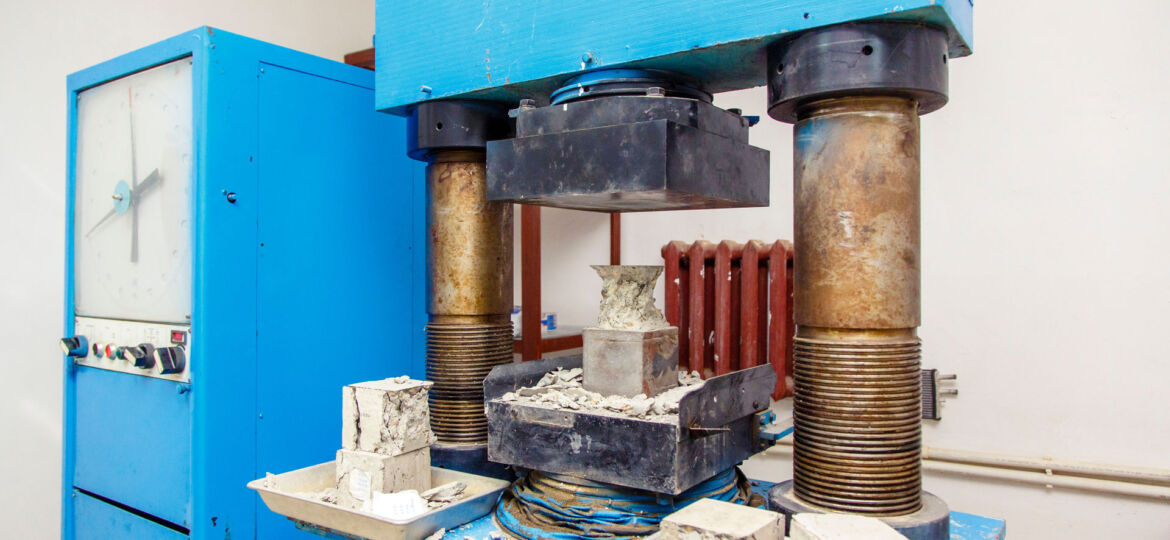
Concrete is a strong, resilient material used in building structures all over the world. It needs to be reliable, durable, and long-lasting. The same is true with concrete floors – they need to withstand the effects of everything that gets placed, pushed, dropped, driven, or spilled on them. Unfortunately, we often do more to our concrete floors than they can endure. That’s why epoxy coatings are so important. They improve your concrete floors by enhancing them with extra durability and strength. What kind of strength does epoxy offer?
Four Types of Epoxy Strength
For most versions of epoxy coatings, whether being used in commercial, industrial, or residential applications, it needs to be able to take a pounding without compromise. To make sure they can endure, epoxy coatings regularly go under tests to verify they can still hold their own. There are four types of strength tests that companies use with epoxy products.
Compressive strength – this is the ability of the epoxy to handle weight. Using a cylinder of the material, both sides are pushed toward each other, typically using an industrial press. A similar test is often performed on cylinders of concrete. Most versions of concrete have a compressive strength that averages around 3,000 psi (pounds per square inch), with high quality mixtures reaching just under 5,000. With epoxy coatings, low-end epoxies register compressive strength at just under 10,000 psi – over three times the strength of concrete!
Tensile strength – this strength test measures the epoxy in the opposite direction as compressive strength. Tensile strength pulls at the top and bottom of an epoxy cylinder. With concrete, tensile strength typically measures out at about 10% of the compressive strength (concrete with 3,000 psi compressive strength results in about 300 lbs of tensile strength). For Epoxy coatings, a compressive strength of 10,000 psi often has 3,500 lbs tensile strength, raising the percentage to 35%.
Flexural strength – This strength gauges an epoxy coating’s resistance to bending or being pulled apart from an indirect angle. Instead of pressing the ends of a cylinder toward each other, or pulling them apart, both ends are supported with braces and a heavy load is attached to the middle. Flexural strength in epoxy coatings often measures around 5,000 psi.
Bond strength – this one measures how well the epoxy coatings adhere to the surface of the concrete. It’s important for the epoxy coating to have a bond strength that is greater than the tensile strength. If the bond strength of the epoxy is greater than the tensile strength of the concrete beneath, then any failure will be from the concrete, not from the epoxy.
Is Our Epoxy Strong Enough for You?
West Coast Epoxy chooses epoxy manufacturers who have a history of making quality products. We want your epoxy floor to withstand whatever you throw at it! Not only that, but we make sure it looks spectacular while doing so. Peruse our gallery for examples, then give our office a call and schedule a free onsite consultation. You can also contact us by filling out a form right here on our website. Epoxy coatings from West Coast Epoxy are always a strong choice!

